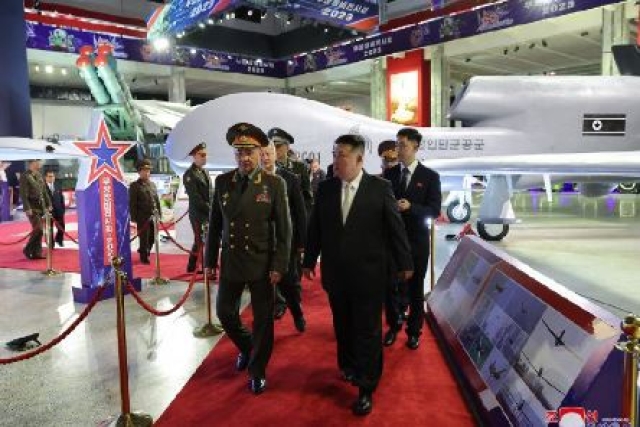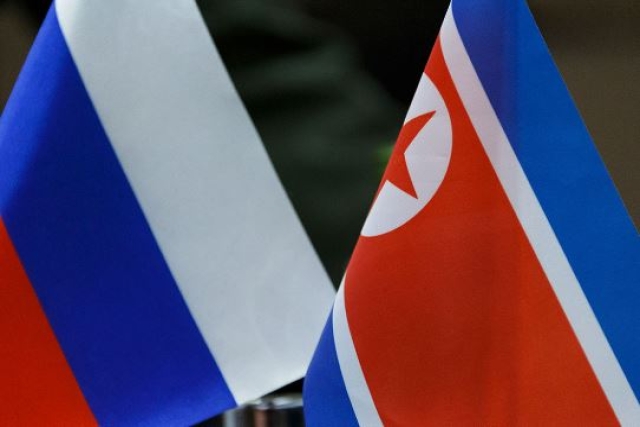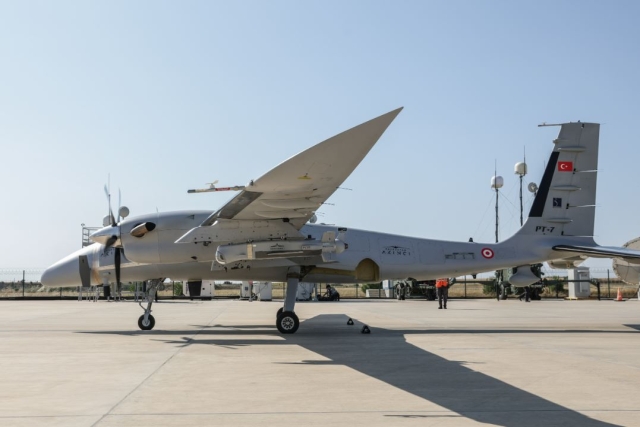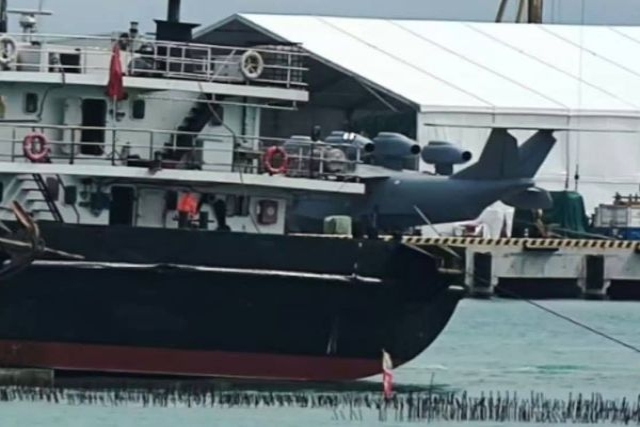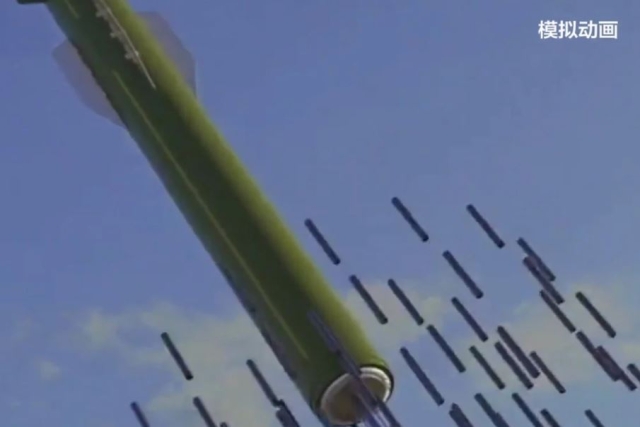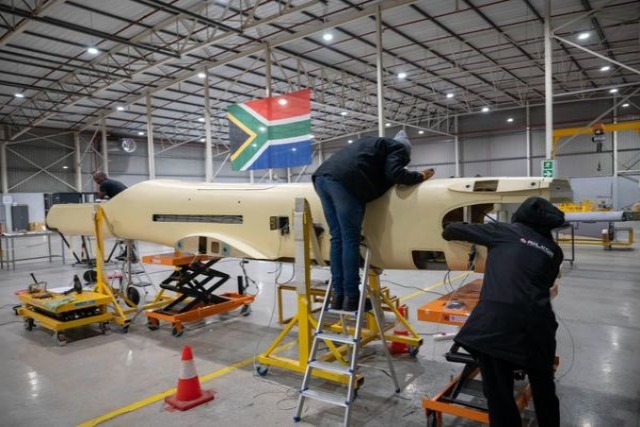Russia Sees Cooperation with North Korea in Aircraft Manufacturing as Kim Jong-Un visits Su-35 Jet Factory
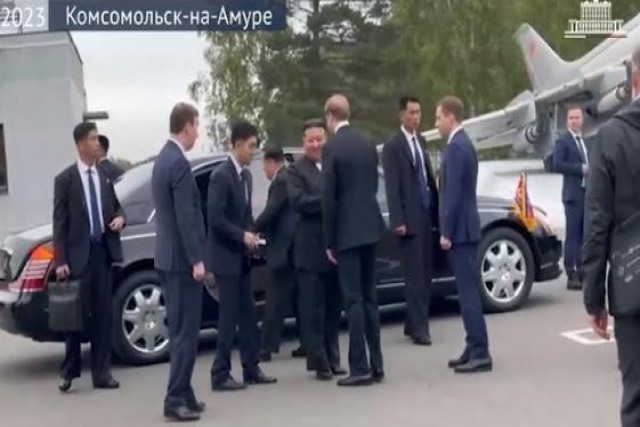
North Korean leader Kim Jong-Un embarked on a significant visit to a Russian Su-35 aircraft production facility today, subtly alluding to the potential for collaboration between the two nations in the realm of aircraft manufacturing.
Accompanied by Russian Deputy Prime Minister and Head of the Ministry of Industry and Trade, Denis Manturov, Kim Jong-Un embarked on an enlightening tour of aircraft manufacturing establishments in the city of Komsomolsk-on-Amur.
United Aircraft Corporation (UAC) said in a statement that Kim was given an in-depth glimpse into the engineering hub and production facilities of an aircraft plant, as well as the expansive production center belonging to the civilian division of UAC Yakovlev.
Together, Kim Jong-Un and Denis Manturov meticulously scrutinized the assembly lines of fighter aircraft, including the final assembly facility for the Su-35 aircraft and the Su-57 fifth-generation aircraft complex.
This visit served as a platform to showcase the areas of collaborative effort, particularly concerning the imported Superjet 100 (SJ-100). It was elucidated that fuselage compartments and wing assemblies for the SJ-100 are being meticulously crafted at KnAAZ. The delegation then proceeded to the SJ-100 final assembly area, nestled within the confines of the civilian division's production center, where Russian system-equipped SJ-100 aircraft are currently undergoing testing, with preparations underway for airfield trials of aircraft equipped with Russian PD-8 engines. Notably, the assembly shop also featured the inaugural production units intended for delivery to various airlines.
As the program neared its conclusion, Kim Jong-Un personally appraised a demonstration flight featuring the Su-35 multirole fighter. In reflecting on the day's events, Denis Manturov underscored the potential for collaboration, emphasizing its significance not only in the sphere of aircraft manufacturing but also in other critical industries. This collaborative effort holds particular importance in the context of both nations' aspirations for technological sovereignty.
